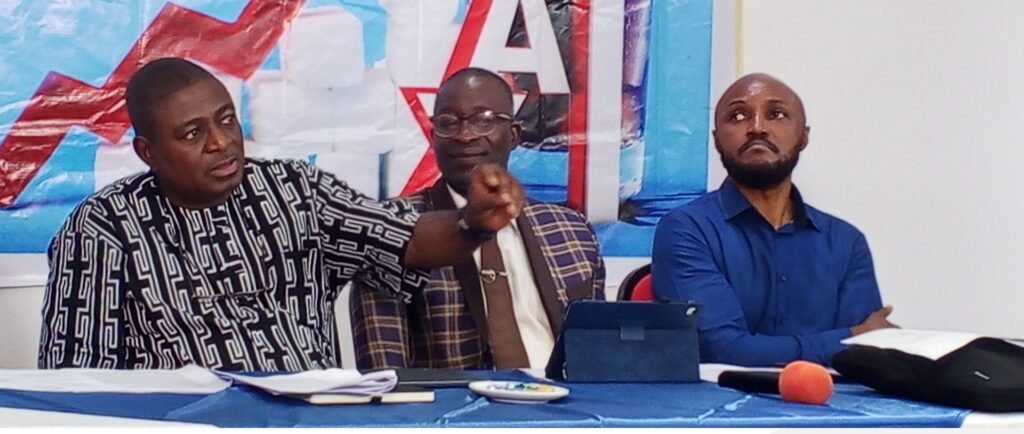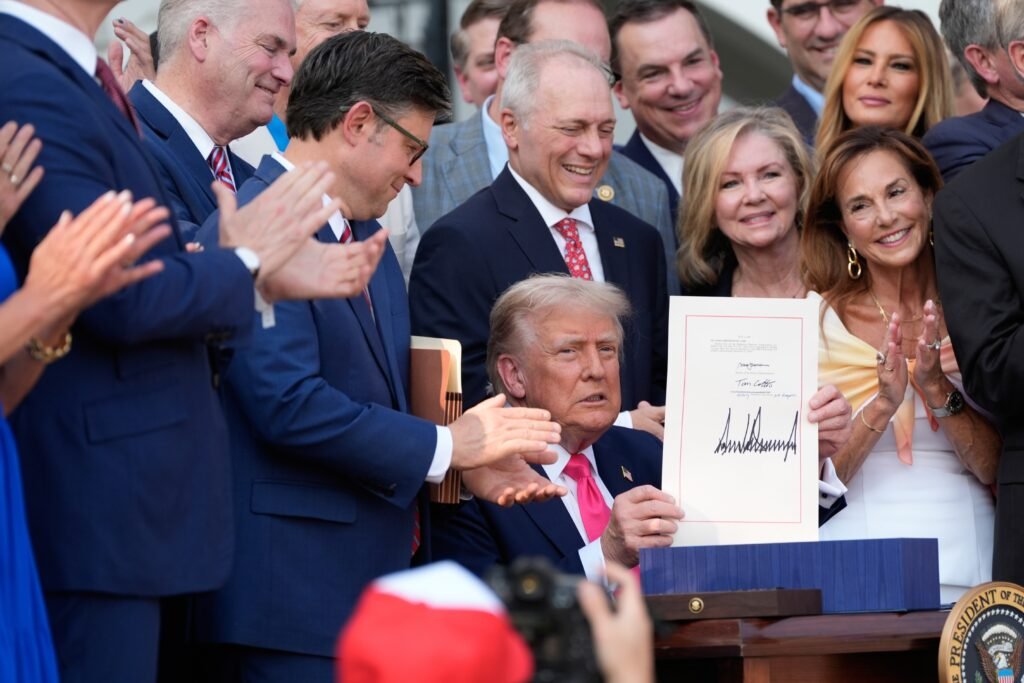Increase in SSB Tax for Health Reasons
The proposed sugar-sweetened beverage (SSB) tax could rise from ₦10 to at least ₦130 per liter.
Corporate Accountability and Public Participation Africa, known as Kappa, has highlighted concerns that Nigeria faces a looming health crisis if an effective tax on sugary drinks isn’t implemented. Akinbode Oluwafemi, Kappa’s Executive Director, made this statement during a media roundtable in Abuja on Tuesday.
Oluwafemi pointed out that there’s substantial scientific evidence linking SSBs to the alarming increase in non-communicable diseases (NCDs). According to the World Health Organization (WHO), these diseases are responsible for a significant number of deaths in Nigeria.
A recent survey cited by Oluwafemi indicated that Nigerians spend about ₦1.92 trillion (approximately $1.26 billion) annually on healthcare related to avoidable conditions caused by SSBs. He stressed that this situation is a health crisis that extends beyond mere concerns for individual wellbeing, with inaction increasing financial burdens on the populace.
The current tax of ₦10 per liter was introduced in 2021, aiming to address health issues related to sugary drinks by imposing a nominal excise tax on non-alcoholic sweet beverages. This was seen as a health initiative designed to reduce consumption and, hopefully, lower the prevalence of NCDs.
However, Kappa argues that this tax remains inadequate. At the time, it translated to about ₦3.33 per bottle of SSB, which barely affected market prices and wouldn’t significantly discourage consumption. Fast forward to today, where a 33cl bottle costs around ₦300, the tax barely registers as 1% of the retail price, failing to impact consumer behavior or health outcomes.
According to global health studies, a substantial price increase of at least 20-50% is necessary to truly encourage healthier choices among consumers. Oluwafemi noted that the existing collection of ₦10 per liter is insufficient to tackle the problem meaningfully.
Kappa, in conjunction with several health initiatives, is calling for the Nigerian government to raise the SSB tax to between 20 and 30%, ideally reaching 50% of the retail price. They propose that the tax be set at ₦130 per liter, suggesting that these funds be channeled toward healthcare, NCD prevention, nutrition education, and other vital services.
Moreover, Kappa is urging the government to enforce clearer labeling on all food and drink products to enhance transparency and accountability. This move would allow Nigerians to better understand what they are consuming. They also demand annual public reports from revenue and health management ministries to maintain oversight.
To further bolster public health, Kappa requests protections against industry influence in policy-making, asserting that health policies should prioritize people’s needs over corporate interests. Investing in food security and promoting local nutritious food sources has become increasingly critical for improving public health and reducing dependency on excessively processed products.
Professor Orbanmi Ranle Olatan from the University of Ilorin emphasized the importance of healthier dietary choices for Nigerians. Meanwhile, Joy Amafah-Isaac, the national coordinator of Ghai’s food policy program, pointed out industry tactics that prioritize profit over public health. She noted that they often sponsored misleading advertisements that advocate for weaker taxes and manipulate public perceptions about beverages with added sugar.
















